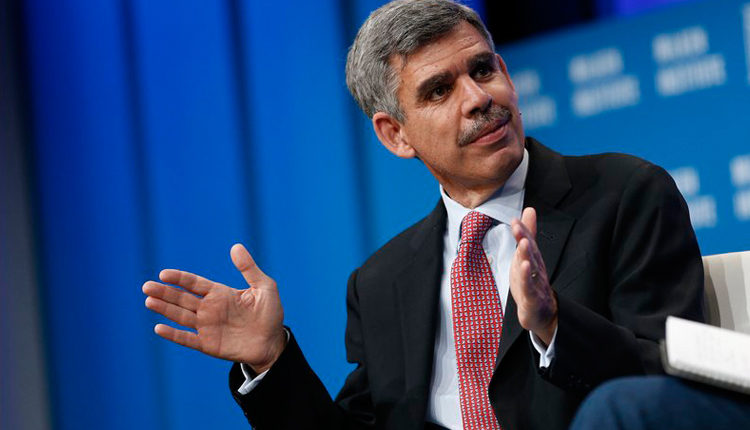Business heavyweight Mohamed El-Erian would buy Saudi Aramco shares without a doubt if they listed internationally, he told CNBC’s Dan Murphy just days before the state oil giant’s historic IPO.
Asked during a panel event at Abu Dhabi’s SALT conference on Monday if he would buy shares of the world’s most profitable company, the chief economic advisor at Allianz gave an enthusiastic “Yes,” adding that it could list on “any market, it doesn’t matter.”
On Wednesday, 1.5% of the kingdom’s state oil company will begin trading on the Saudi stock exchange, the Tadawul, amounting to the largest public offering on record at $25.6 billion.
El-Erian, who was tapped by Aramco as an informal advisor in early 2018, added that “It wouldn’t matter at what price,” saying that he’d buy shares “at the IPO price.”
On Thursday, Aramco announced the pricing of its IPO at 32 riyals ($8.53) per share, or the top of its indicative range, giving it a size surpassing the $25 billion Alibaba raised when it went public in September 2014.
Despite the head-turning figure, however, market experts point out that Aramco’s $1.7 trillion valuation is below what the kingdom had initially been targeting. The kingdom had to rely predominantly on local investors after canceling roadshows in London and New York on the back of lackluster international interest, and local demand from retail investors was said to be lower than Riyadh had hoped.
The long-delayed IPO was thrown into question in mid-September when Aramco’s largest oil production facilities were hit in drone and missile attacks that Riyadh and Washington blame on Iran. The strikes, for which Tehran denies responsibility, knocked out half of the kingdom’s oil production and sent the price of Brent crude up by around 20% as global oil markets reopened for trade.
“Aramco was tested and it showed its engineering ability that people who know the company well appreciate and admire,” he said.
Ahead of the listing, Aramco detailed the vast number of risks its oil and gas business faces in a prospectus released in early November.
More obvious risks include the supply, demand and price of crude or how much oil the Saudi government decides to produce, as the country is the largest producer in OPEC. Security risks remain high on that list, as well as climate change and the company’s dependence on demand from Asia, its prospectus said.
“The whole region — this is a tough neighborhood,” El-Erian, who is American with Egyptian roots, said. “It’s been tough, with lots of proxy interests in the region. But I think the way that the outside world prices that risk is far higher than reality.”
If anything, the oil markets may not be pricing that risk highly enough, some experts say — crude prices have remained stubbornly low throughout 2019 despite spiking geopolitical tensions, and sanctions and conflict wiping millions of barrels of crude off the market from major producers Iran and Venezuela. The oil price, and its trajectory, will be crucial to the future of OPEC, Saudi Arabia and the Aramco IPO itself.
